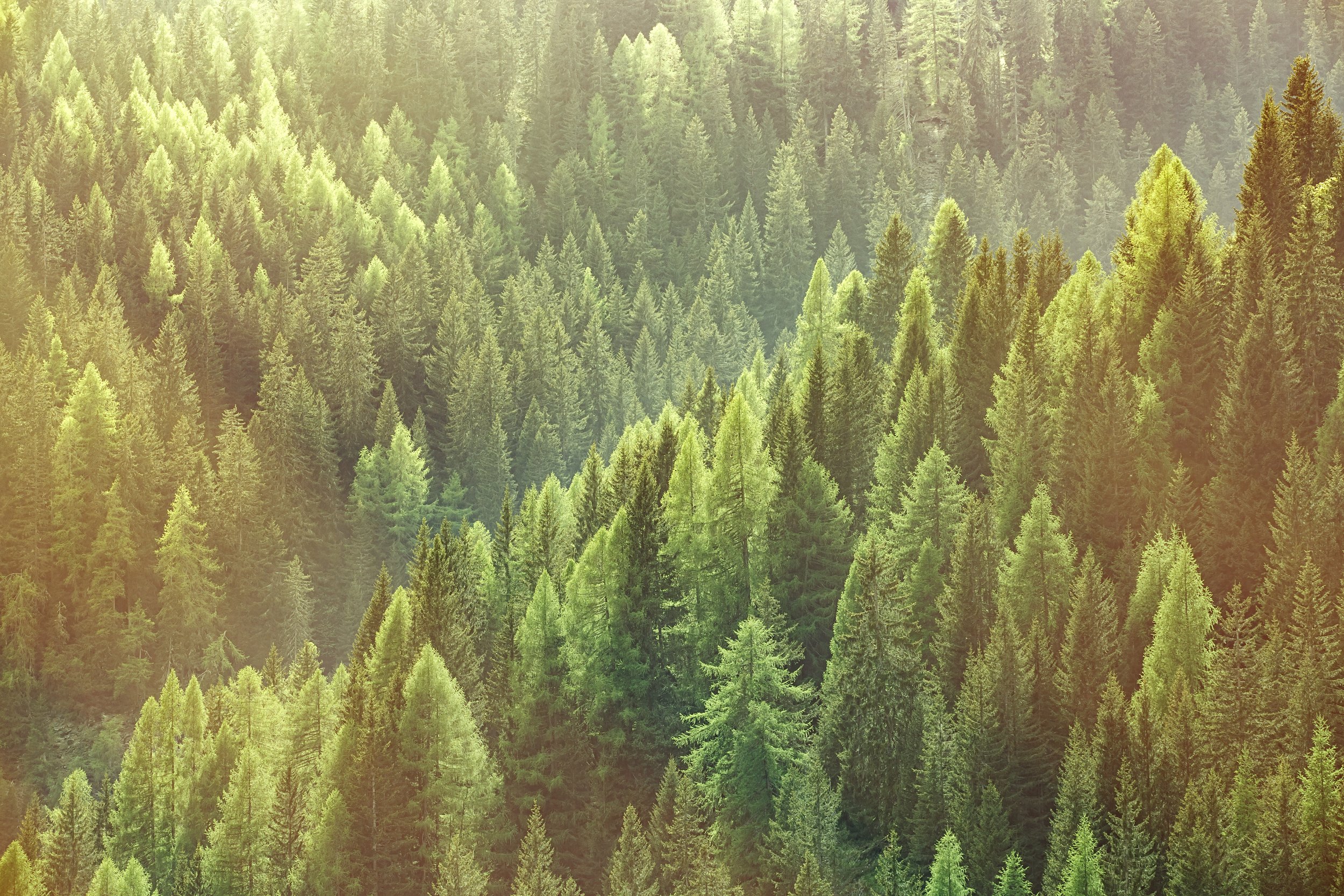
“Stories are the way I walk through the world. The truth is, I’m trying to live as many lives as possible.”

Katherine Scott Crawford
A Fine Writer of Southern Persuasion.
About Katherine
Learn about Katherine, what she enjoys, and what inspires her!
books
Browse Katherine’s books and other written works!
A few snapshots of Katherine’s adventures.




